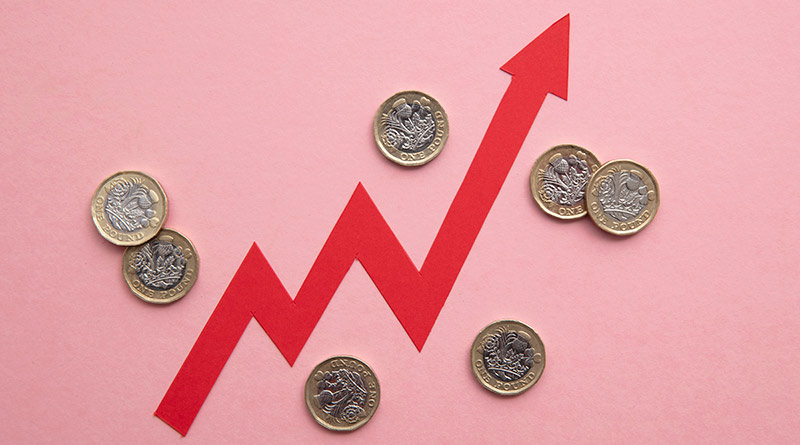‘No End in Sight’ – Businesses Unable to Cope with Sustained Inflation

New data today showing food service price inflation remains above 20%1, coupled with rising energy costs and a lack of support, signals the need for urgent intervention to save hospitality businesses.
With sustained inflation showing no meaningful sign of abating and price rises mounting across the board for hospitality businesses, UKHospitality is urging energy regulator Ofgem to force suppliers to engage in automatic renegotiations for those businesses paying the highest costs.
Energy suppliers are also being asked to play their part and offer the option of spreading payments over a longer period time, to help cashflow.
UKHospitality Chief Executive Kate Nicholls said: “It’s becoming ever more clear that this level of inflation is simply not going to budge for a significant period of time and, while there have been extremely marginal reductions, there appears to be no end in sight for businesses.
“The 20% level of inflation in food service we’re seeing confirmed once again today, alongside the £7.3 billion per annum in rising energy costs as a result of the reduction in government support, is unsustainable. We have already seen 150 pubs lost for good so far this year2 and that really is the tip of the iceberg if nothing is done.
“Energy costs, food price inflation and staffing shortages are a triple whammy that are dragging businesses to failure. Something has to be done or hospitality will look like a shell of itself in a year’s time.
“The simplest action on offer is to get energy suppliers in line. It’s Ofgem’s job to do that and we need to see action urgently. Automatic renegotiation of the highest cost energy contracts, signed during the peak of the crisis, needs to be enforced and suppliers need to show flexibility in their payment rates.
“Those two actions would remove a huge weight from the shoulders of businesses and decrease the possibility of venues having to put up prices to survive, which ultimately fuels inflation.”
